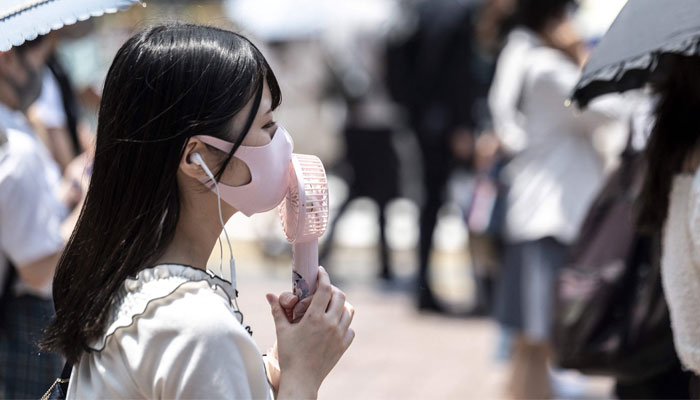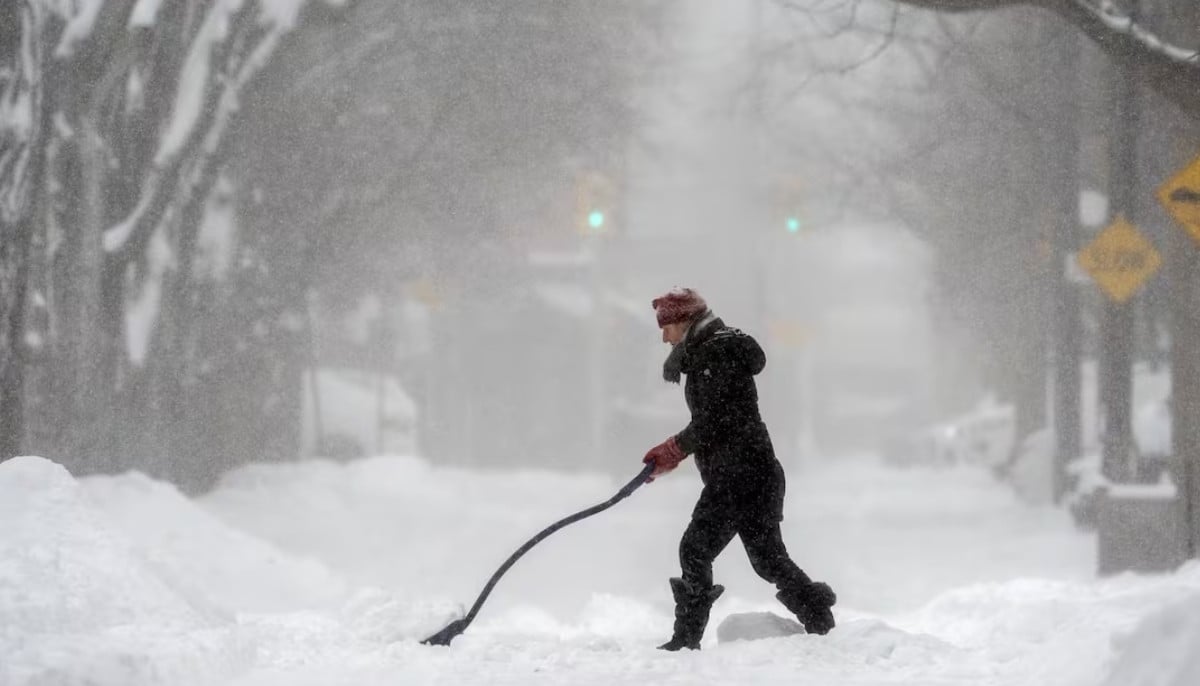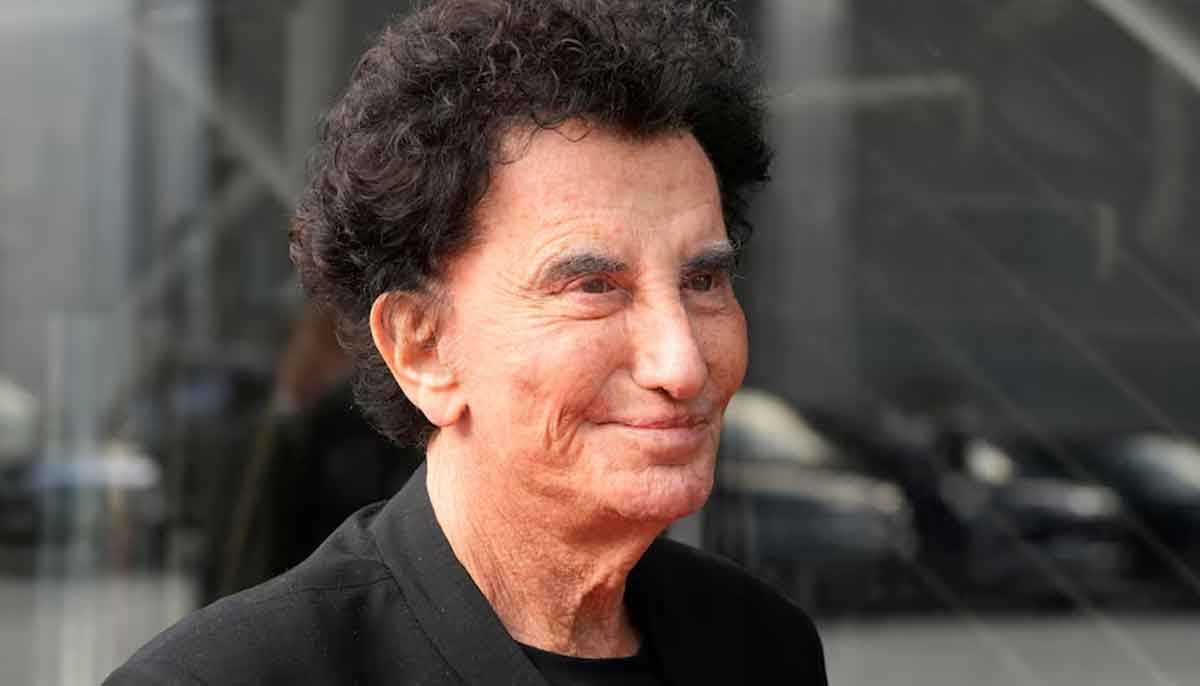How does heat wave disrupt an individual's system?
How can you protect yourself from heat waves resulting from human-caused climate change?
Recent record-breaking temperatures across the globe have mounted recurring worries about the threat that such sweltering temperatures pose to people's health, particularly those of youngsters and the elderly.
Experts have frequently linked the extreme heat waves, that are predicted to rise, to human-caused climate change and say that such temperatures can put human bodies under tremendous stress and occasionally result in dehydration, heatstroke, and death.
Hence, there has been a continuous rise in the death toll in many parts of the world including many European countries and American states, as more than 61,000 people perished in Europe last summer as a result of the heat, according to a recent study, and 2023 is expected to be much hotter.
As climate change has been in effect for quite a while, heatwaves killed more than 61,000 people in Europe, according to a recent study, and 2023 is expected to be much hotter.
According to Barron's, the extreme heat puts the human body at risk as it struggles to keep its usual temperature — roughly 37 degrees Celsius (98 degrees Fahrenheit) — which is typically maintained with sweat cooling off the body's front line defence against heat, the skin's surface, as a result of a rapid heartbeat.
As a result, blood vessels in the skin also widen.
However, if the heat becomes unbearable for the body's temperature regulators, it might experience symptoms including weariness, headaches, fever, and a restless night.
Dehydration, which occurs in the body as it loses more fluids than it takes in, is another warning sign that the heat is affecting your body.
The most deadly heat-related ailment is heatstroke, which develops when the body is unable to maintain its temperature under 40 degrees Celsius.
Following the scorching heat waves, the World Meteorological Organisation has issued a warning that consistently high nocturnal low temperatures are especially hazardous to human health since the body never has a chance to recuperate.
According to the WMO, such high overnight minimums, which some regions of the United States, Europe, and China have been experiencing this week, can cause heart attacks and even death.
"Whilst most of the attention focuses on daytime maximum temperatures, it is the overnight temperatures which have the biggest health risks, especially for vulnerable populations," the UN agency said.
Heatwaves pose a significant risk to the elderly, health-conscious individuals, and children, particularly those under five.
As they age, their sweat glands become less efficient, leading to increased body temperature. The majority of deaths in Europe last summer were over 80.
Another element of heat waves to look out for is humidity which tends to exhaust the human body because by evaporating off the skin, sweat cools the body, but if the air is excessively humid, the sweat fails to evaporate.
According to research, the combination of heat and humidity is measured by what is known as a "wet bulb" temperature and a healthy young adult is likely to die in six hours at a wet-bulb temperature of 35 degrees Celsius.
Only a few times have humans crossed this barrier of survival, but researchers warn that people could experience this condition as climate change is expected to turn up the world's heat making it even warmer.
-
Extreme cold warning issued as blizzard hits Southern Ontario including Toronto
-
Ukraine-Russia talks heat up as Zelenskyy warns of US pressure before elections
-
France opens probe against former minister Lang after Epstein file dump
-
Leonardo DiCaprio's girlfriend Vittoria Ceretti given 'greatest honor of her life'
-
China boosts reusable spacecraft capabilities by launching for the fourth time
-
China unveils ‘Star Wars’-like missile warship for space combat
-
Trump refuses apology for video depicting Obama as apes amid growing backlash
-
US appeals court affirms Trump’s immigration detention policy












